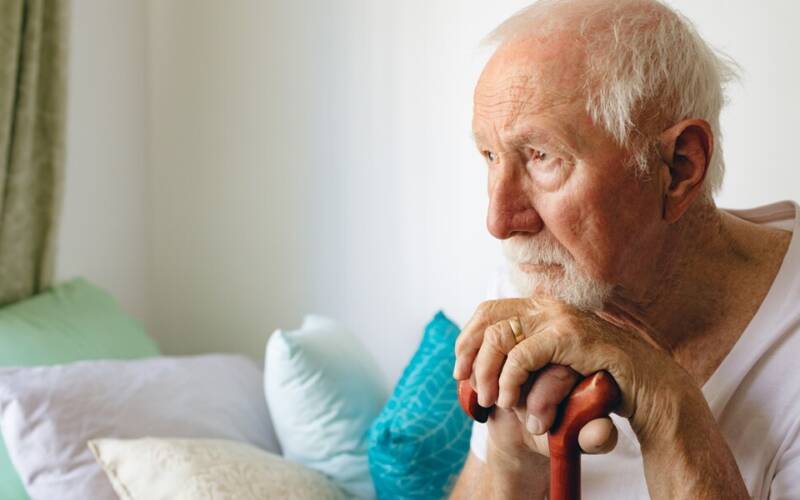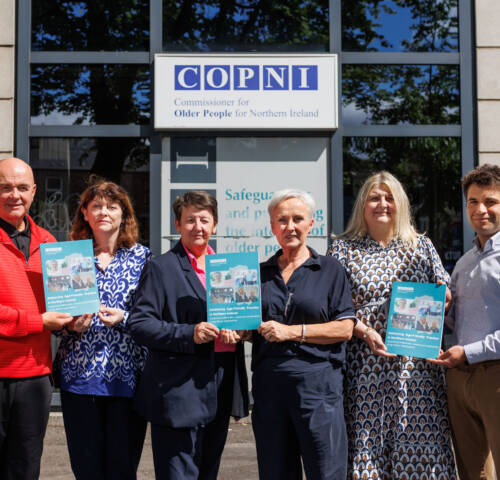What a difference a year makes…On this day last year I was spending the morning in the Jethro Centre in Lurgan, hearing from hundreds of older people who had packed into the centre to showcase the different groups and activities they were involved with and how they were celebrating ‘positive ageing’.
Like most International Days of Older Persons, it is a date in the calendar that reminds us of the wonderful contribution older people make to our society in so many ways. It has become a celebration of the positive side of ageing and something that culminates in thousands of older people gathering together across every part of Northern Ireland.
This year, sadly, couldn’t be more different. I cannot attend any of these celebratory events this year and speak face-to-face with older people because none are taking place. Coronavirus has stopped these events in their tracks, just as it has turned many older people’s lives upside down since it hit our shores in February.
This year instead of using International Day of Older Persons as a celebration, we should use it as a chance to contemplate the massive impact this terrible virus has had on our older population. We should take this moment to remember those who have lost their lives since the pandemic struck. Not only those taken by Coronavirus, but also the many older people who have sadly passed away from other conditions during this time whose families have not been able to have a proper funeral for their loved one. But we also must use this day to reflect on the situation different groups of older people find themselves in now, and identify how we meet their needs during the difficult autumn and winter that lies ahead.
One of the few positives of the past few months are that more older people have managed to get themselves online and using technology to maintain social contact with family and friends. In fact, I held a Zoom call with older people from across Northern Ireland a few days ago to hear how they and their friends are coping with the pandemic.
It is important to recognise that many older people have been extremely resilient during the past seven months. They have followed the restrictions and public health advice and made the most of the challenging times. Many have been through difficult times at other stages in their lives and see this as a tough time but one they can also get through.
However, on that call the other day the overall mood was downbeat. There was a strong sense of worry that now that society was returning to some sort of normality, or at least a new version of normal, that older people were at risk of being left behind.
This fear is real. Older people look at the statistics which show clearly that they are the group most at risk from coronavirus. They hear about the massive spike in infections in the community and start to wonder where this is all heading for not only the next few months but perhaps much longer. How long will a vaccine really take? Will I have to shield away from society until then? Is this my life for the foreseeable future?
As a society we were already experiencing a plague of loneliness among many older people. The pandemic has created the conditions where this could flourish and become an even more serious problem for many more people.
We have known for some time about the importance of social contact to help people age well. This pandemic has erected barriers to this contact at every turn. Whether it’s the residents in care homes who have been deprived family visits or the person shielding at home without any direct face-to-face contact with people, its impact cannot be underestimated.
This virus is ageist in the sense that older people are clearly affected much more seriously. What we can’t let happen, is to let our response to it become ageist as well. Back in March I said we needed to work together as a society to help us all get through this as best we can. The need for society to work together hasn’t changed and the actions of every citizen are critical if we are to contain the virus and not leave our older population behind.
If we can do that then hopefully next year we will be back in a celebratory mood on the 1st October.




